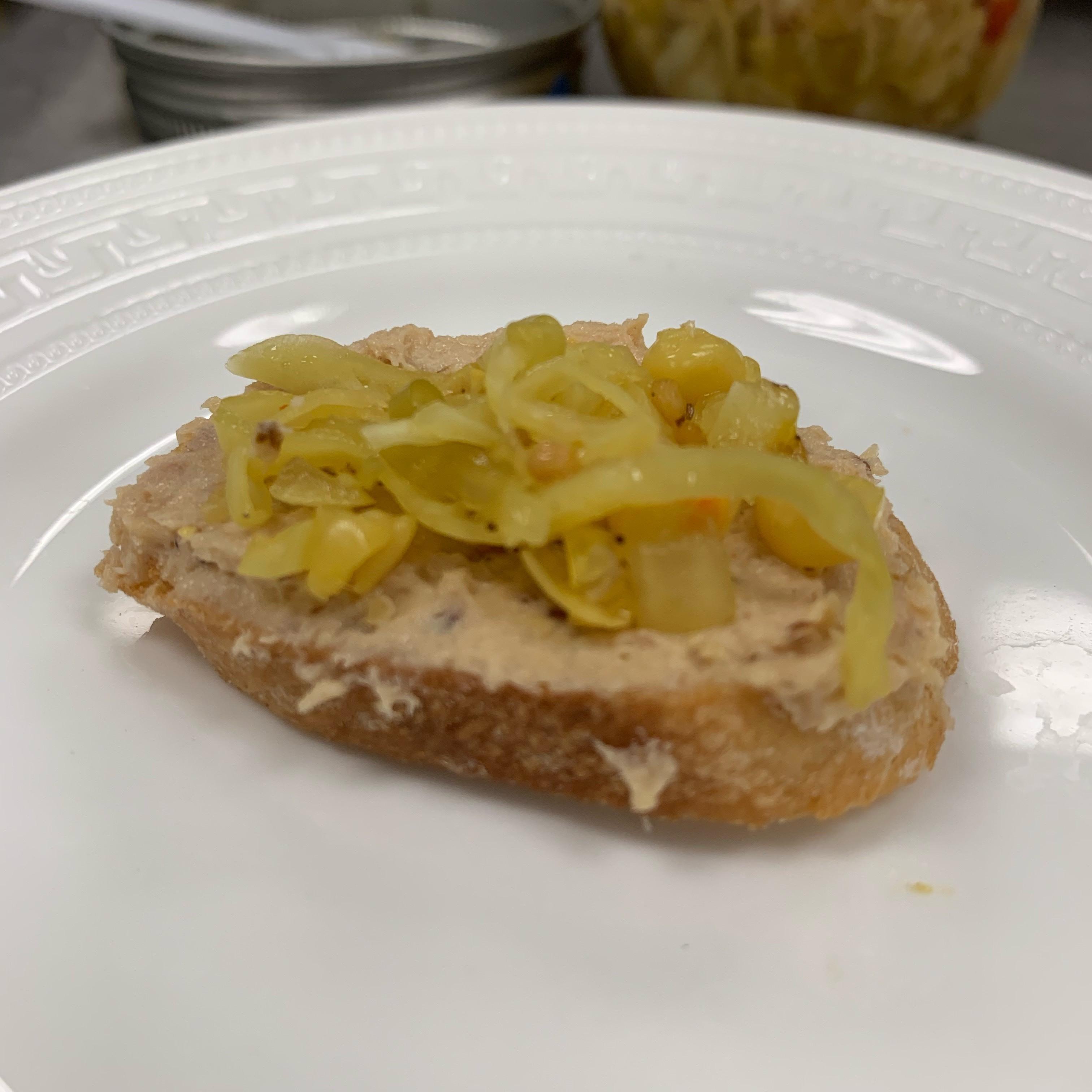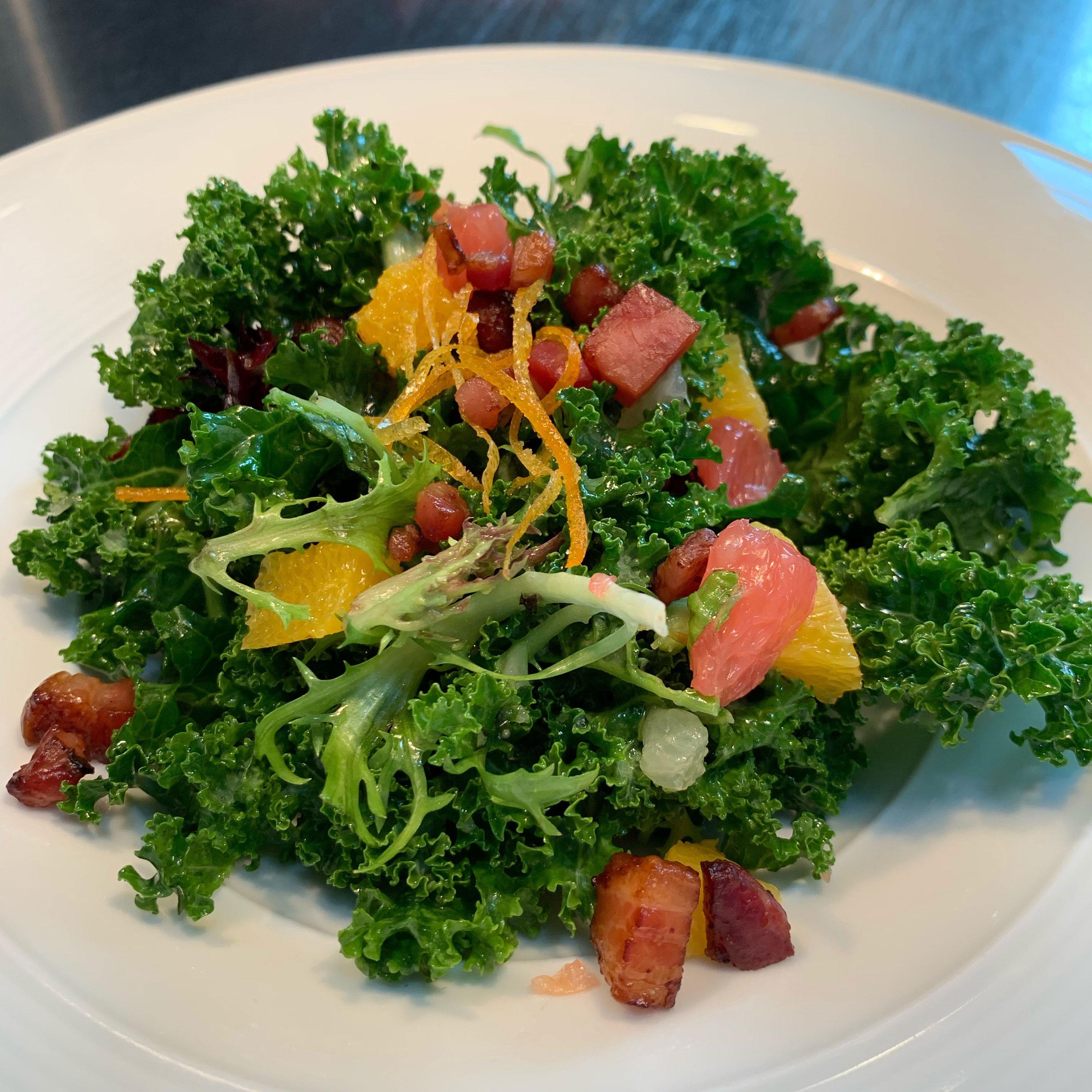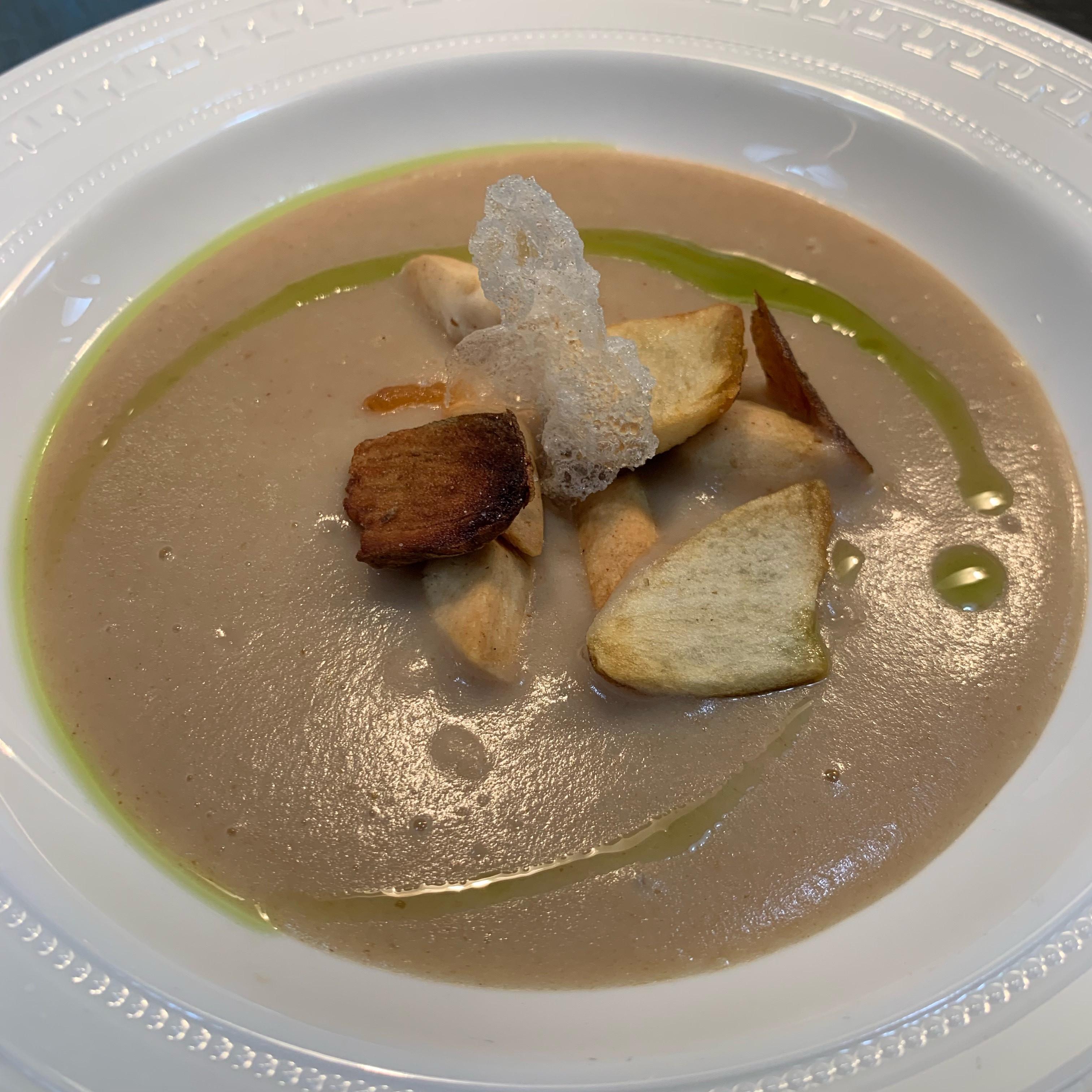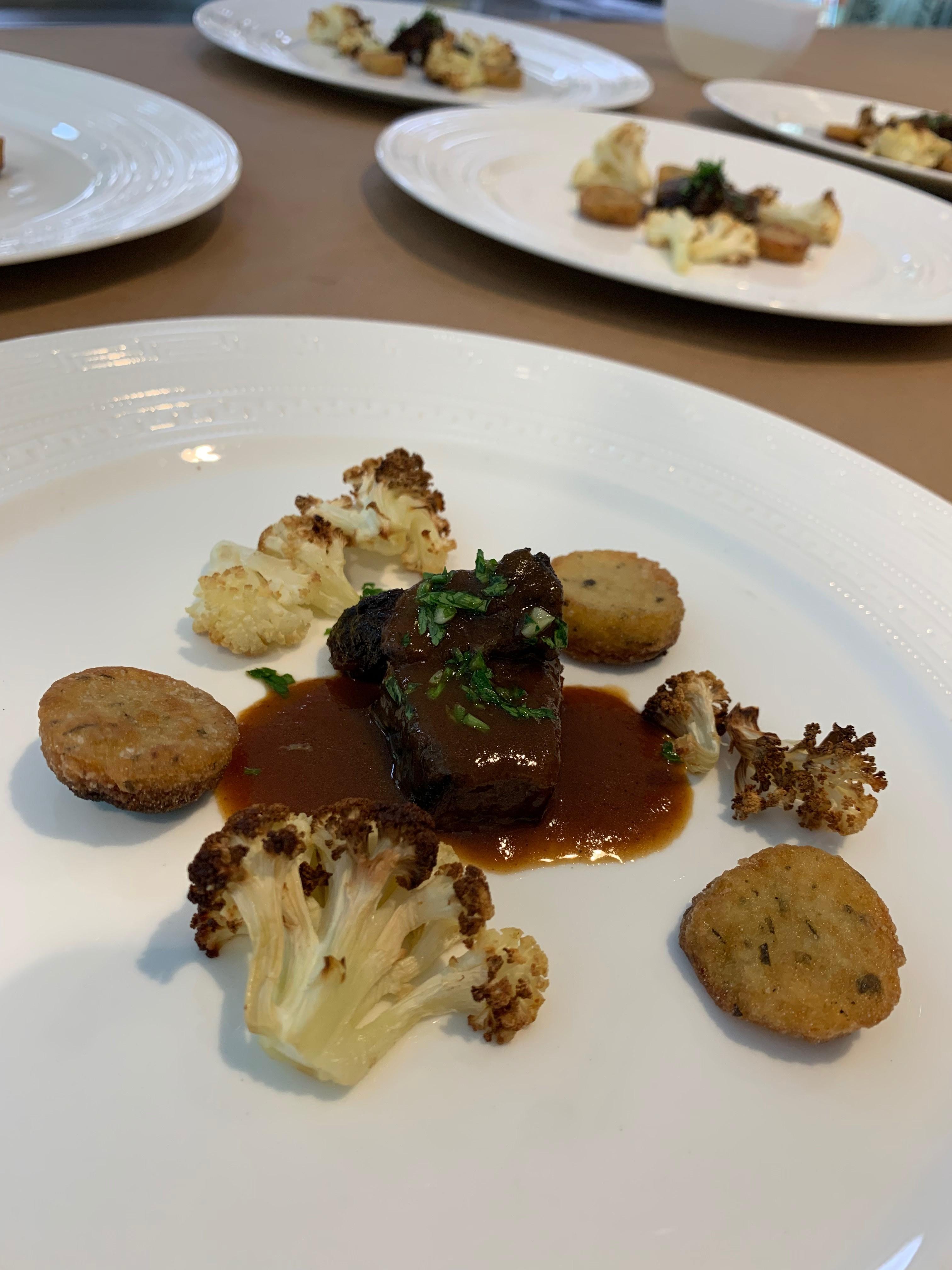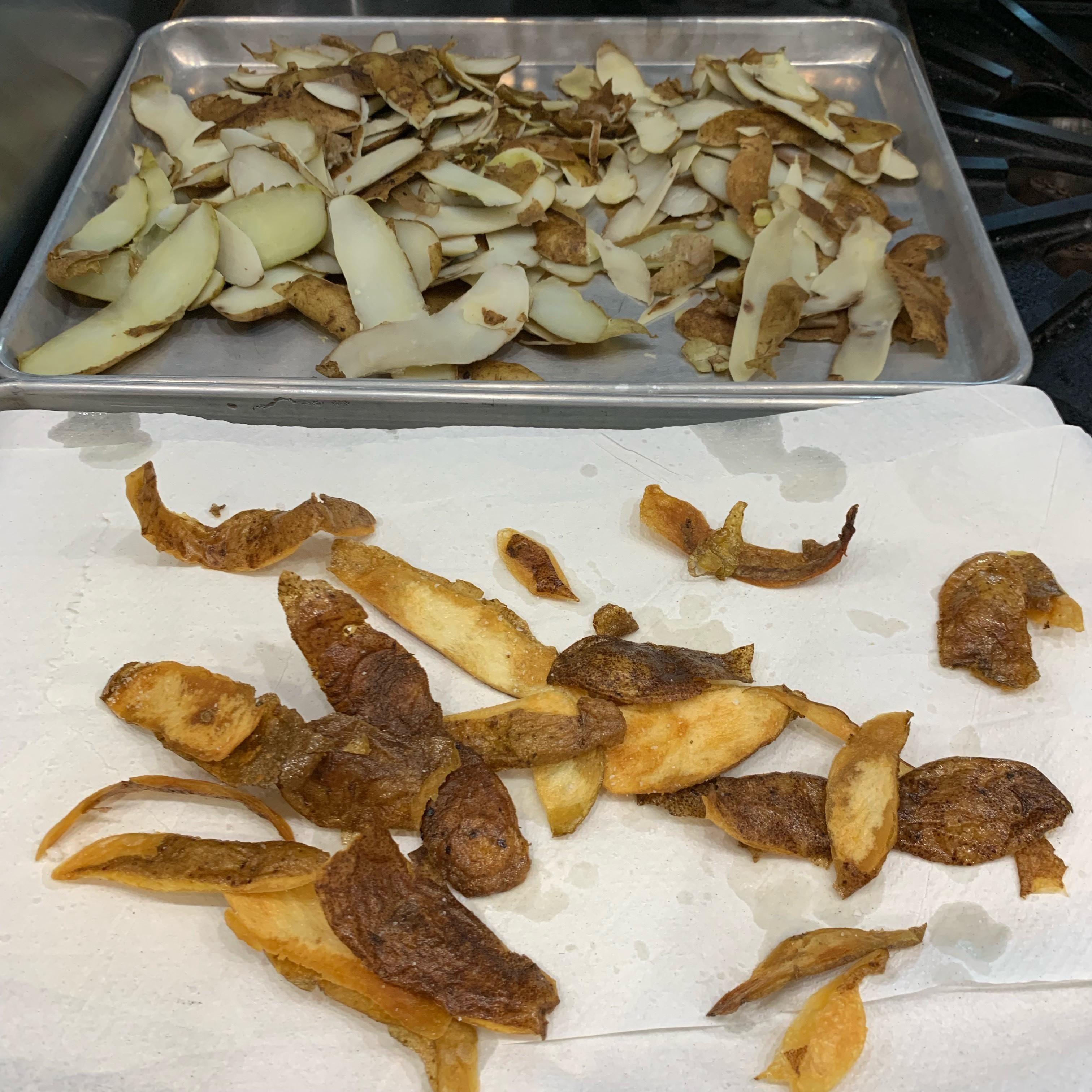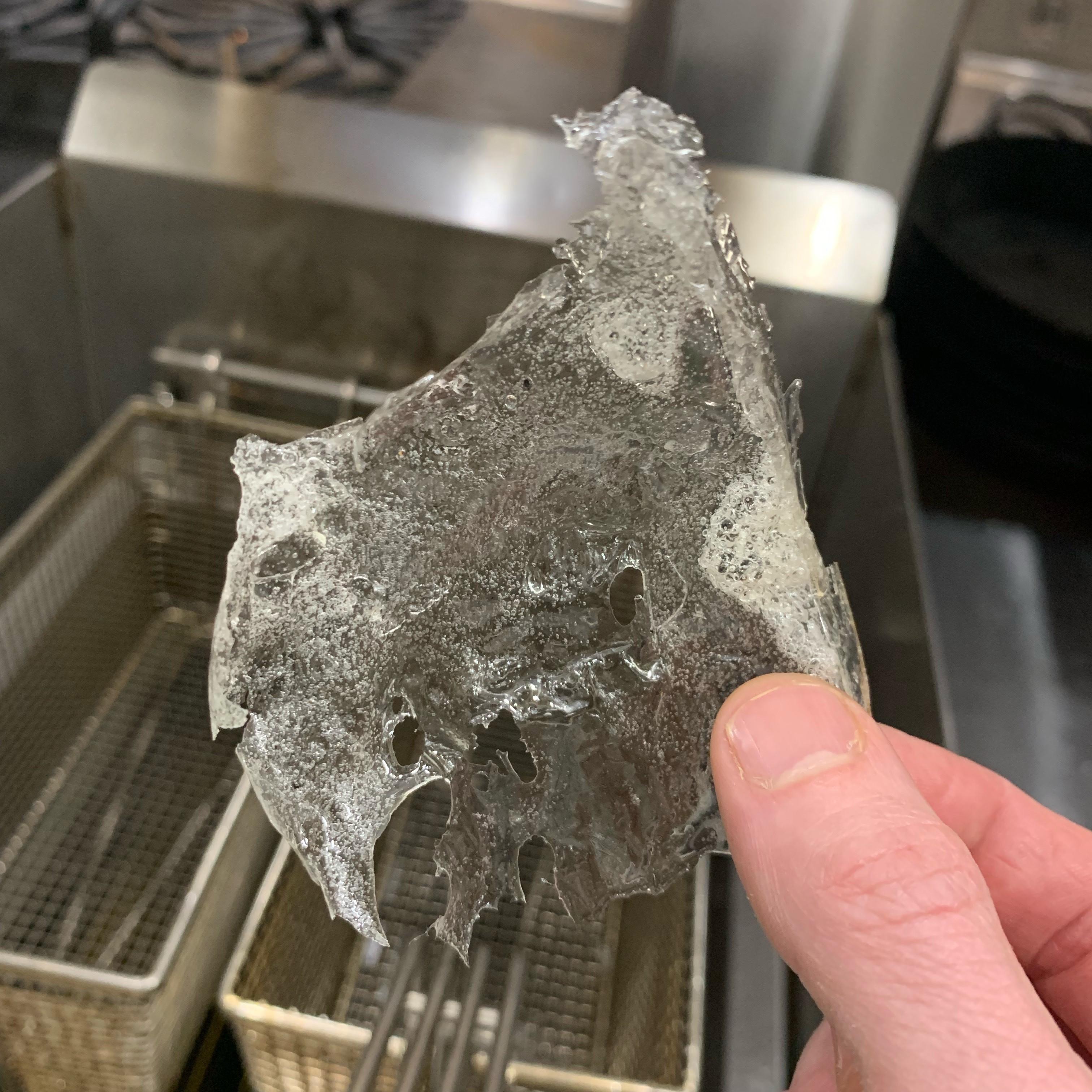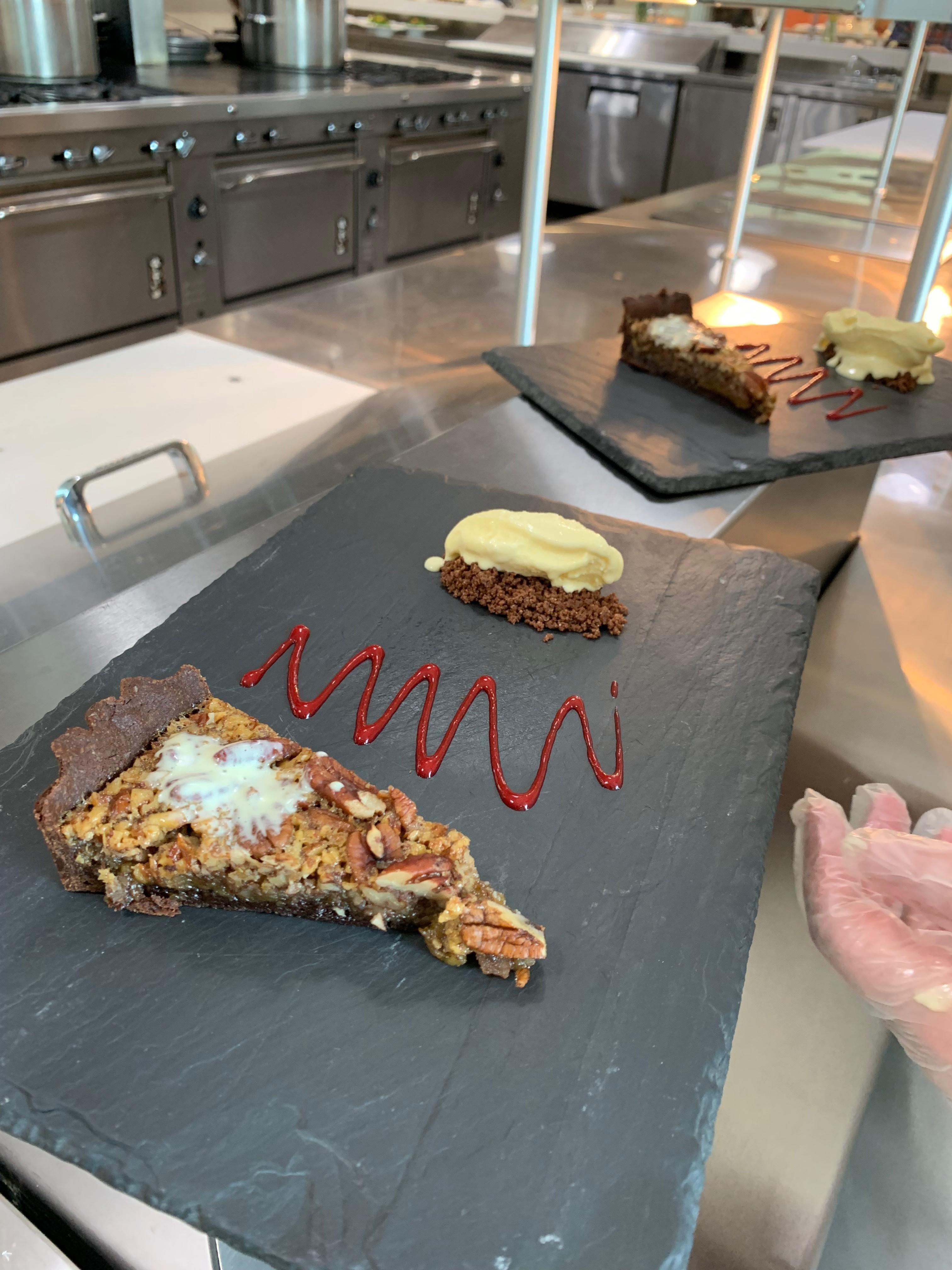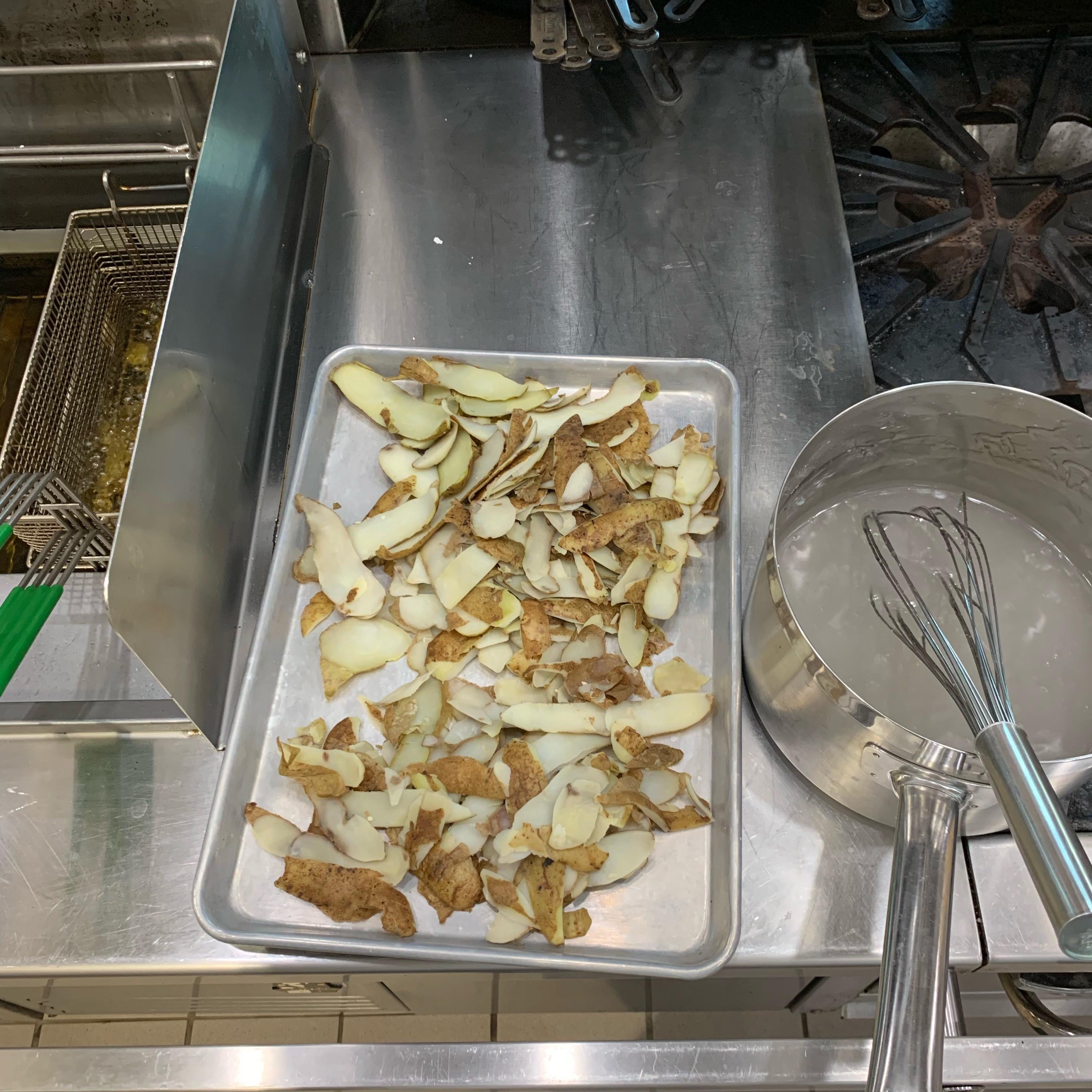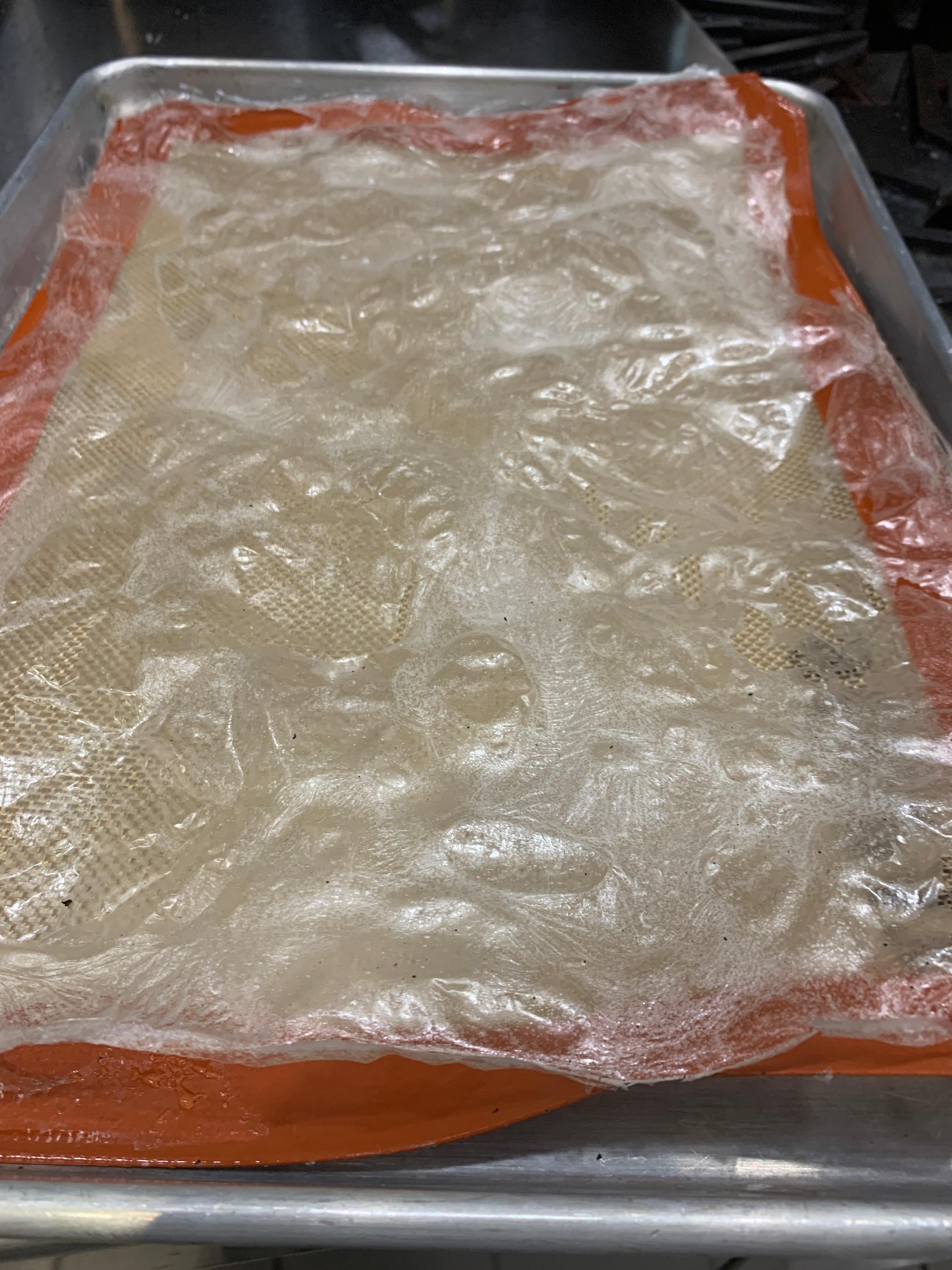International Culinary Institute of Myrtle Beach Joins Waste Not Wednesday Initiative
James Beard Foundation campaign urges chefs, culinary professionals, and home cooks to join movement to reduce food waste
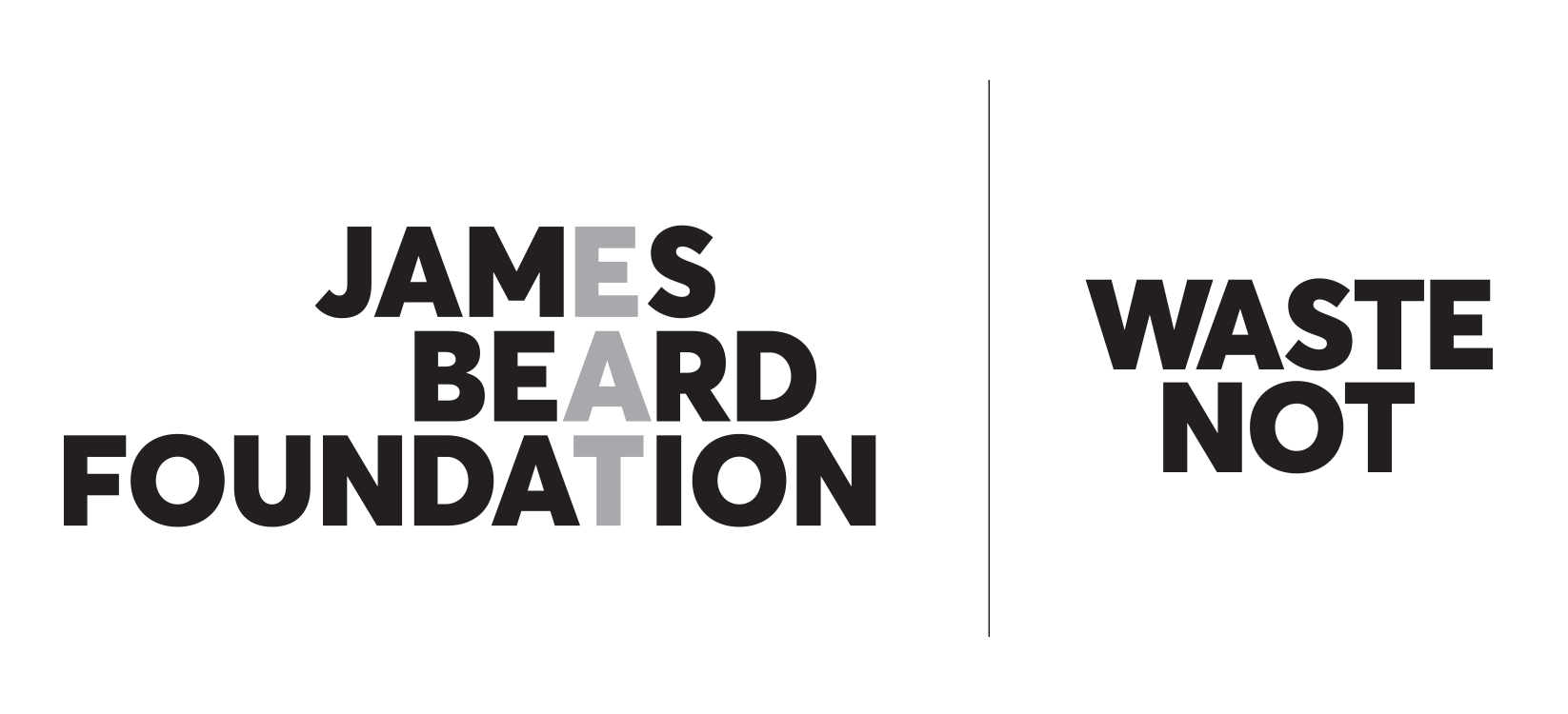 (Myrtle Beach, SC) Jan 18, 2019 - Chefs at the International Culinary Institute of Myrtle Beach (ICI)
are getting creative – not just in the way they design cakes or plate a dish in the
Fowler Dining Room – but in their efforts to combat food waste by utilizing the entirety
of every ingredient in their kitchens.
(Myrtle Beach, SC) Jan 18, 2019 - Chefs at the International Culinary Institute of Myrtle Beach (ICI)
are getting creative – not just in the way they design cakes or plate a dish in the
Fowler Dining Room – but in their efforts to combat food waste by utilizing the entirety
of every ingredient in their kitchens.
The ICI recently joined Waste Not, a multi-year campaign launched by the James Beard Foundation to encourage culinary professionals and home cooks to reduce food waste by thinking differently about food and adopting full-use cooking methods. The campaign will urge Americans to start with small changes just one day a week – on Waste Not Wednesday. To help in this movement, the foundation has created a toolkit with a number of resources for chefs, including a new online curriculum, Creating a Full-Use Kitchen, to train the next generation of chefs and culinary professionals.
Chefs at the International Culinary Institute of Myrtle Beach began implementing the Waste Not curriculum last year, but have always taught students the importance of sustainability in the kitchen. Instructors and their students diverted 3.9 tons of organic waste from the landfill in October and November and continue to find creative ways to reduce food waste daily by using every element of a food.
ICI chefs will also join the movement by using #WasteNotWednesday on social media to show the various ways they are joining the movement, particularly as they’re preparing meals for the Fowler Dining Room.
According to the James Beard Foundation, if all Americans eliminated food waste on Waste Not Wednesday, more than 7.8 million tons of food would be saved each year — enough to provide almost 13 billion meals to the hungry.
More about the Waste Not Movement
The James Beard Foundation, in collaboration with long-standing partners, has created a series of educational tools and events to support the Waste Not campaign, including:
Waste Not — A new cookbook featuring more than 100 unique recipes by 65 well-known chefs who incorporate commonly discarded ingredients to build layers of flavor. Chefs share their tips and tricks for turning root tops, bones, scraps, and other ingredients into essential building blocks of good food.
Creating a Full-Use Kitchen — A free online curriculum for culinary professionals created with founding support from The Rockefeller Foundation, and served up by Morton’s Salt®, and food waste tracking partner, LeanPath. The curriculum is designed to train the next generation of chefs and culinary professionals on techniques for better food management to reduce costs, as well as improving nutrition and sustainability.
Waste Not Wednesday — To inspire consumers to make simple changes one day a week – JBF has produced a Public Service Announcement featuring Tiffany Derry, a Top Chef favorite and host of Hungry Investors. JBF will share tips, recipes, and tools from leading chefs each Wednesday.
Taste America — A ten-city tour that celebrates the country’s diverse culinary culture and the important role that chefs play in advocating for a more delicious, sustainable, and equitable food world bringing celebrated chefs to America’s top culinary destinations for a weekend packed with exquisite food and in-store events at Sur La Table. This year’s program will feature unique dining events and in-store cooking demos at Sur La Table (including some of the delicious recipes in Waste Not). In keeping with the Foundation’s commitment to reducing food waste, viable leftover food from the events will be donated to those in need in partnership with Feeding America® emphasize fighting food waste through a partnership with Feeding America.
Chefs Boot Camp for Policy and Change — The signature program trains chefs to become advocates for eliminating food waste and adopting more sustainable practices. More than 200 chefs have already been trained through the program and another 50 are expected to participate next year. The environmental and cost implications of food waste are staggering. An estimated 40 percent of all the food produced in the U.S. gets thrown away, translating to $1,500 in wasted money each year for every American household. Whether you are a home cook or culinary professional, you can experience new flavors and make a difference. Some tips from the Waste Not cookbook:
- When salad greens start to wilt, sauté them with some olive oil and garlic for a bright side dish.
- Save asparagus bottoms, carrot tops, mushroom stems, and other vegetable parts in freezer bags or containers for use in stocks, soups, and sauces.
- Buy meat, poultry, and fish on the bone. Save the bones for making stocks, or cook larger meat bones and feed them to pets.
- Use leftover rice to make fried rice on days you don’t feel like cooking something new, folding in whatever protein and vegetables you have on hand.
- If you find that fruit is getting too soft or old, put it in the freezer to use later in a homemade smoothie, or purée and mix with seltzer for a refreshing homemade soda.

